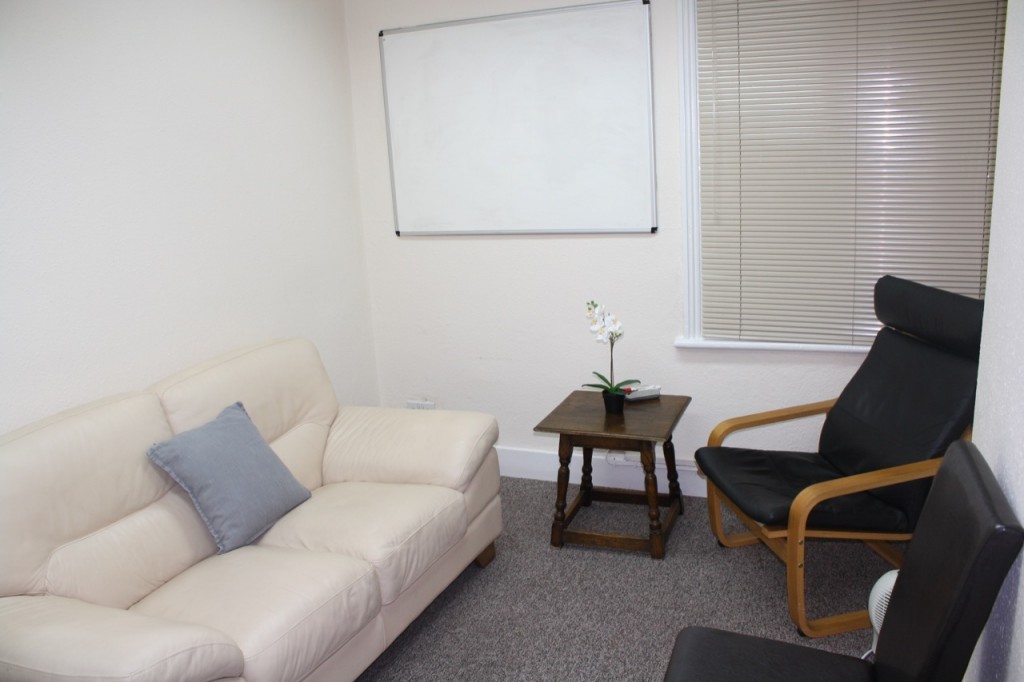Signs You’re Ready to Start Therapy and How to Take the First Step
Signs You’re Ready to Start Therapy and How to Take the First Step
Blog Article

Deciding to begin therapy is a deeply personal choice, and for many, it’s not a decision that comes easily. However, recognising the signs that you could benefit from professional support is a powerful step toward self-care and emotional well-being. Whether you're dealing with anxiety, low mood, stress, or simply feeling stuck, therapy can provide the tools and space needed to make meaningful changes.
Recognising the Signs
One of the clearest indicators that therapy could be helpful is a persistent sense of emotional distress. You may find yourself overwhelmed by daily responsibilities, experiencing mood swings, or struggling to enjoy activities that once brought you happiness. These can be signs that your mental health needs attention.
Other red flags include sleep disturbances, relationship conflicts, difficulty concentrating, or physical symptoms like fatigue and tension without an identifiable medical cause. Even if the issues don't seem "serious enough," therapy is not reserved for crisis alone—it’s also a proactive way to develop self-awareness, resilience, and emotional clarity.
Breaking the Stigma Around Therapy
Despite growing awareness, some people still hesitate to seek therapy due to stigma or misconceptions. It’s important to understand that asking for help is not a weakness—it’s a sign of strength and self-respect. Therapy isn’t about being “broken” or “failing”—it’s about choosing to invest in your mental and emotional health.
People from all walks of life seek therapy: professionals dealing with stress, parents balancing work and family, students facing academic pressure, and individuals seeking greater purpose and confidence. At its core, therapy offers a supportive space to explore thoughts, behaviours, and emotions without judgment.
Choosing the Right Therapist for You
The therapeutic relationship plays a crucial role in the success of therapy. It’s essential to find a practitioner who is not only qualified but also someone you feel comfortable and understood by. A trusted therapist in Chelmsford can offer the guidance and tools you need in a welcoming, confidential setting tailored to your unique needs.
Different therapists use different approaches, so it’s helpful to understand what kind of support might suit you best. Some people benefit from exploratory therapies that delve into past experiences, while others may prefer structured approaches like CBT.
How CBT Can Help
Cognitive Behavioural Therapy (CBT) is one of the most effective and research-backed approaches available. It focuses on the link between your thoughts, emotions, and actions—and helps you identify and reframe unhelpful patterns. CBT is particularly helpful for people dealing with anxiety, depression, and stress-related issues, as well as those wanting to build better habits or improve decision-making.
In CBT Chelmsford, sessions are typically short-term and goal-focused. You'll work collaboratively with your therapist to build practical coping strategies that can be applied in everyday life. Over time, this empowers you to respond more calmly and constructively to challenges.
Taking the First Step
If you’re considering therapy, the first step is often the hardest—but it’s also the most courageous. You can start by writing down what you’re feeling or what’s been bothering you, then reach out to a therapist or wellbeing centre for an initial consultation. This doesn’t commit you to long-term therapy; it simply opens the door to see if it’s the right fit for you.
Most importantly, know that you don’t have to wait for things to get “bad enough.” Therapy can be an empowering experience at any stage of life, helping you clarify your thoughts, manage emotions, and feel more connected to your values and goals.
Your mental health is just as important as your physical health. By acknowledging your needs and seeking support, you’re making a positive, life-affirming choice to prioritise your well-being.
Report this page